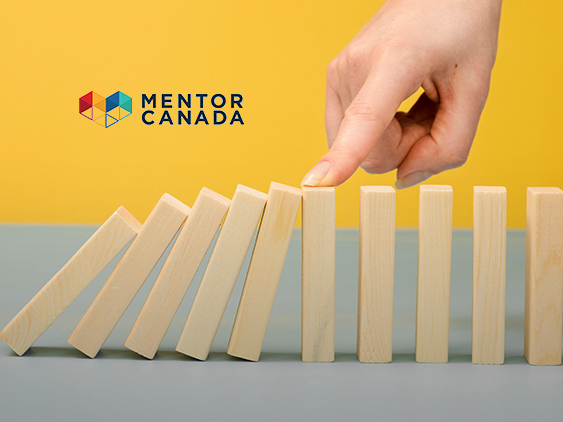New Research Shows How Mentors Support the Career Development of Canadian Youth Experiencing a Disability
Mentor Canada and the Canadian Association for Supported Employment jointly released key findings from the Mapping the Mentoring Gap research initiative. The findings show that Canadian youth experiencing disabilities who had access to a formal or informal mentor while growing up reported better mental health, employment, and educational outcomes compared to those who did not have a mentor.
HR Technology News: Hagerty Welcomes New Senior Vice President of Talent to Oversee Acquisition and Employee Development Strategies
“Young adults experiencing a disability who had access to mentoring during their teen years reported that mentors exerted a significant influence on their self-confidence, self-esteem, and sense of hopefulness,” says Tracy Luca-Huger, Interim Executive Director at Mentor Canada. She adds that “mentors play an important role in supporting young people’s transition to adulthood. Nearly half of respondents experiencing a disability who were mentored reported that their most meaningful mentor shaped their career aspirations. Nearly one-third reported that their mentor helped them get their first job.”
However, approximately 70% of survey respondents who experience disabilities said they could remember a time during their childhood or adolescence when they would have wanted a mentor but did not have access to one. “Respondents with a disability were nearly three times more likely to report unmet needs in terms of accessing mentoring opportunities than respondents who do not have a disability,” stated Véronique Church-Duplessis, Director of Research and Evaluation at Mentor Canada.
HR Technology News: WORQDRIVE Democratizes Succession Planning With New Talent Management Module
Joanna Goode, Executive Director of CASE, added that “far too many young people experiencing disabilities face barriers to accessing mentors when they want them the most.” CASE coordinates a Government of Canada-funded national mentorship program for youth and other individuals who experience disabilities. Goode emphasizes that “the research findings line up with what participants are telling us in the career development experiences we facilitate”.
By using resources and experiences such as those provided by Mentor Canada and CASE, employers, schools, communities, mentoring programs, and decision-makers can work together to improve access to mentoring opportunities for young people experiencing disabilities.
Read The Mentoring Effect: Youth Experiencing Disabilities to learn more about how mentoring supports young people’s well-being and career pathways and to find out how to get involved.
HR Technology News: Futuris Company Provides Update on Health HR
[To share your insights with us, please write to sghosh@martechseries.com]

